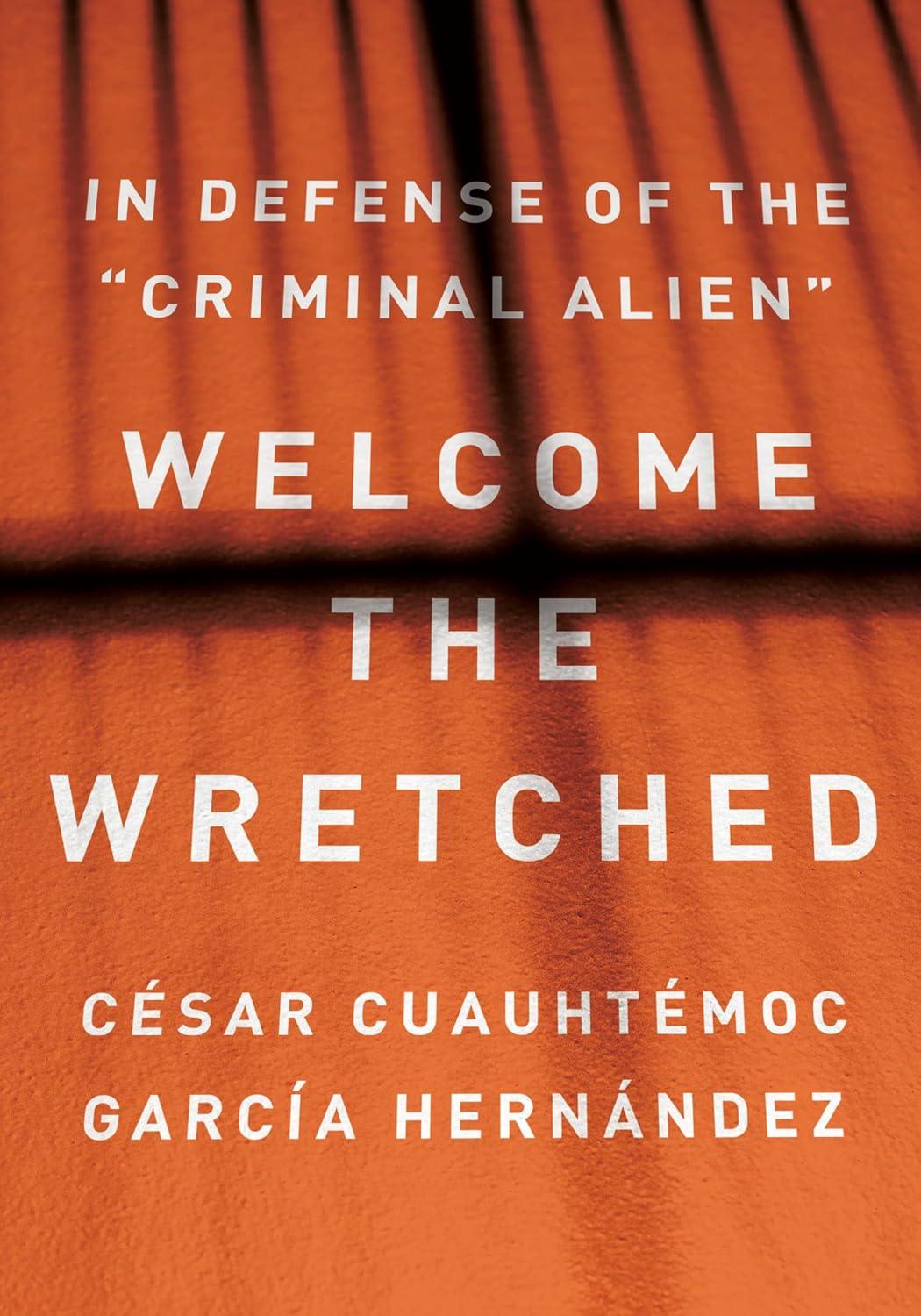In 1924, influenced by eugenicist theories and the desire to limit the influence of anarchists and Communists arriving from Southern Europe, two Republicans introduced the Johnson–Reed Act, which imposed ethnic quotas that heavily favored Northern Europeans. Then in 1929, after years of effort, a white supremacist senator from South Carolina named Coleman Livingston Blease succeeded in turning unauthorized entry and reentry into a crime, a move directed largely at Mexicans. For decades afterward, border patrol agents at the southern border (who form the vast majority of US border agents) tended to send migrants back to Mexico. The push since the 1980s to prosecute and incarcerate has resulted in a dramatic rise in migrant detention and court proceedings. At present, hundreds of shackled migrants are herded before judges in large groups on a daily basis and are tried after getting only a few minutes to speak with a lawyer.
García Hernández explains that while several changes in law have contributed to the escalating rate of convictions, the legal concept of the “entry fiction” is what deprives many migrants in the US of the constitutional right to defend themselves in court. Traceable back to an 1886 Supreme Court decision, the entry fiction claims that when detained in border zones such as Ellis Island or on boats docked at US harbors—or at detention centers well within the borders of the country—immigrants are not due the rights and protections of US residents and can be treated as if they were not actually in the US. More recently the entry fiction has been applied to a variety of migrant detention facilities across the country and the US military base in Guantánamo. As Ana Raquel Minian explains,
When these “entrants” are detained in the United States while the government decides their fate, they are treated as if they are not here…. Since they are “not here,” detainees are not guaranteed basic constitutional protections—even when subjected to the laws and forces of the state.
This leaves detained migrants in a legal limbo that has catalyzed the growth of public and private institutions with a pecuniary interest in holding them for as long as possible.

